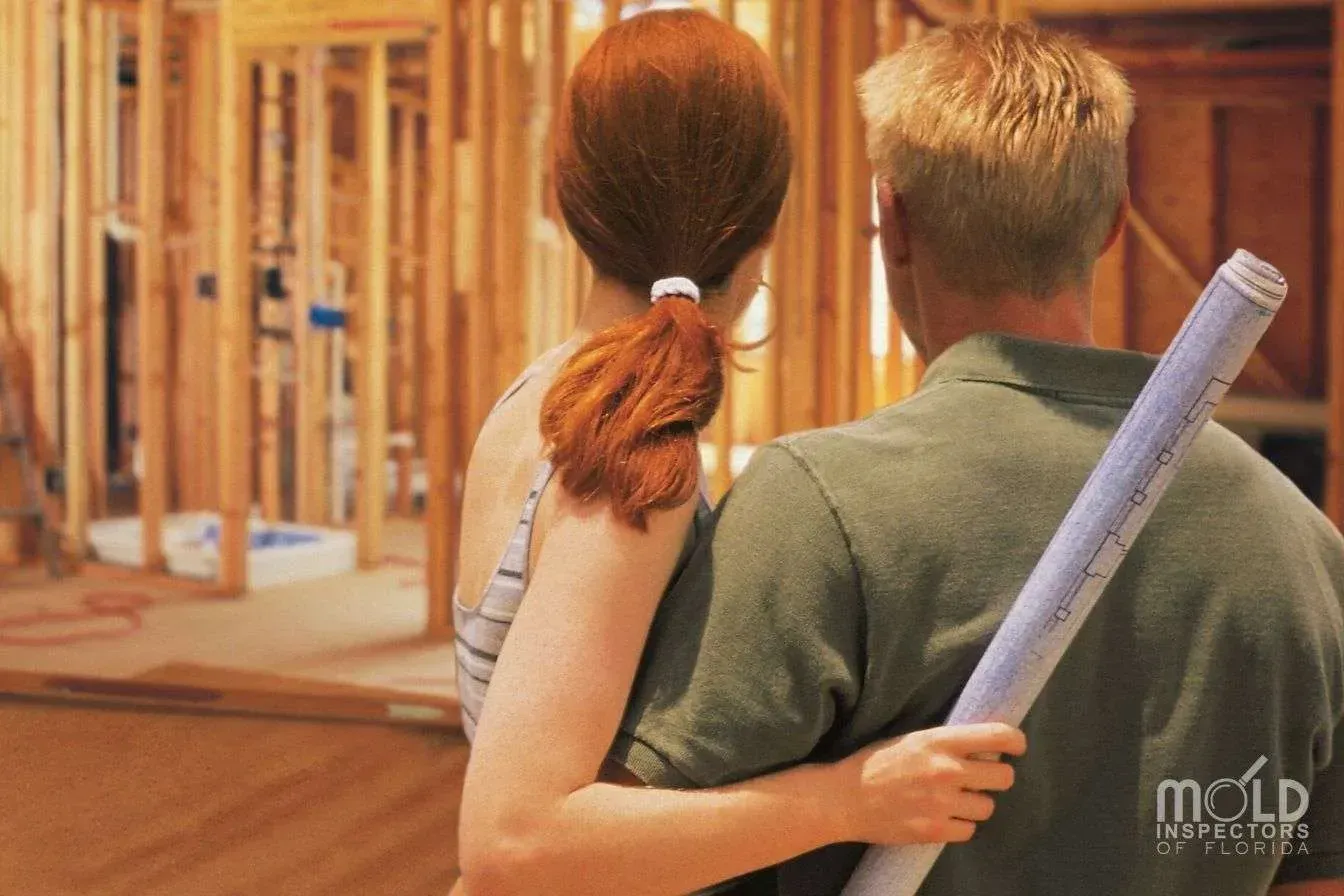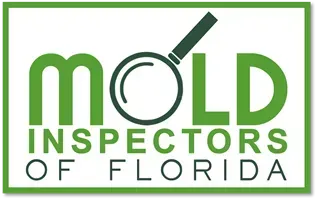What’s In Your Dream Home: How Mold Can Affect All Property Investments

Buying a home is a significant investment. Whether you are purchasing a new or used home, the investment will become a large part of you and your family’s life. The memories you make in this home will be long-lasting. But what if the memories included unwanted fungi infestations, bulging ceilings, or respiratory illnesses? Mold can become a memory-maker as well, and it is not the next guest you want in your home!
While most people think that mold only affects older homes, the truth is mold can be a problem in newly constructed homes as well. The majority of home-buyers believe their initial home inspection will investigate for mold. When in fact, a savvy home inspector will refer you to a mold inspector specialist should he feel there are worrisome signs.
Mold in New Construction Homes
Unbeknownst to most home-buyers, the newly built home they have watched come to life may be housing mold before they move in. The issue can begin with the first steps: the framing. When the contractors are framing a house, installing subflooring, and solidifying your housing structure, wood is the foundational material. Here in southwest Florida, the humidity levels and rainy season are working against this material. The wood is stacked outside the construction zone, out in the open for nature to take its course. This wood, when wet with rain or condensation from high humidity, becomes the perfect environment for mold growth. While moldy or damaged wood is tossed away, the small beginning signs of mold damage on wood usually goes unnoticed by contractors.
Eventually, your new home is coming together with doors and windows along the frame. However, one of the last steps in building the house is the setup of an HVAC system. If you have ever walked through a home construction site, you know the misery of the hot and humid walk-through without the HVAC system or insulation. As the house comes together, the humidity seals into the home and the wood. The HVAC system is the humidity regulator; without it, the humidity level in the housing structure can stay at an increased level. Although the home may be closed off from the elements of nature, the sealed in humidity can release its damage on the subflooring, walls, and rafters.
This example is just one of many possible scenarios in which mold can infest a newly constructed home. Modern houses built for energy efficiency tend to be tightly constructed and doesn’t allow the interior walls to breathe, resulting in humidity and mold growth. Scenarios in which the foundation has not thoroughly dried before construction resumes on flooring joists, insulating studs, or vapor barriers can also promote mold growth in the structure.
Preventing Mold Growth in Newly Constructed Homes
As a home-buyer of a new construction home, your best practice is to be proactive in mold prevention, and follow-up with a professional mold inspection before your move-in. To prevent mold during construction, and after move-in, try the following tips.
Interview Your Contractors
Some neighborhoods use their contractor, while you may have the liberty of choosing your own if building on purchased land elsewhere. If the contractor has been assigned to you by a neighborhood, ask to meet with the company. Bring a list of specific questions regarding how long they pour the foundation (poured in one-day and thoroughly dried before moving on for optimal mold-free results). Ask what type of sealants they use (Antimicrobial sealants are best for preventing mold growth). You can also ask if they use a ventilated cap over the foundation (poor ventilation while capped increased the risk of mold growth). Use this list and any other questions you may have while interviewing contractors for private property outside a neighborhood, as well.
Visit the Site
Not every home-buyer thinks to visit the construction site and check for mold. When you do a walk-through of your building property, check for signs discussed in this article. Safely investigate your home-site for possible mold growth or poor practices that may lead to mold growth. This extra step makes for a proactive and savvy investor.
Professional Mold Inspection
When the home has been built, and your final walk-throughs are close by, you will have a home inspection to ensure the house is move-in ready. Investing in a mold-inspection is your best defense before signing your closing papers. The mold professional will know where to look for the hidden mold growth among newly built houses and bring specialized tools to ensure the mold-free safety of your home. Home inspections are typically a requirement before closing, mold inspections are not, but highly recommended by most real estate brokers.
Utilize a Dehumidifier
Once you have settled in, keeping a mold-free environment is critical. A dehumidifier can assist you as a defense tool that is most effective in basements, garages, or rooms that tend to create moisture, such as laundry rooms. The dehumidifier will remove the humidity from the air to help keep it from seeping into the walls, air ducts, or floors. Moisture that trapped in drywall is a common breeding ground for mold. Air ducts and subflooring are the other problem areas that can be easily affected by mold, especially in humid climates like that of southwest Florida.
Obtain Regular Air Duct Cleanings
Air ducts can become a large housing for mold spores due to the HVAC condensation that builds up in the ventilation systems. Obtaining regularly annual air duct cleanings can ensure that the condensation, dust, and mold are cleared out routinely and help keep allergens at bay. The allergens released by dust and mold can cause severe respiratory illnesses for you and your family by merely breathing in the air in your home.
If you are constructing a new house and want to ensure a mold-free dream home is awaiting you, contact us at Mold Inspectors Of Florida!


